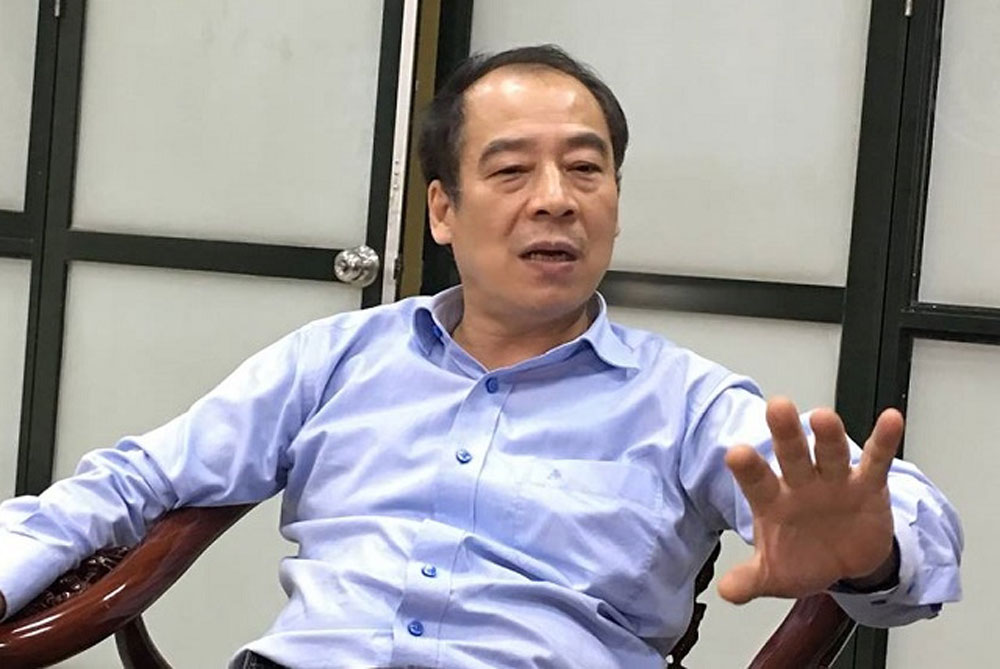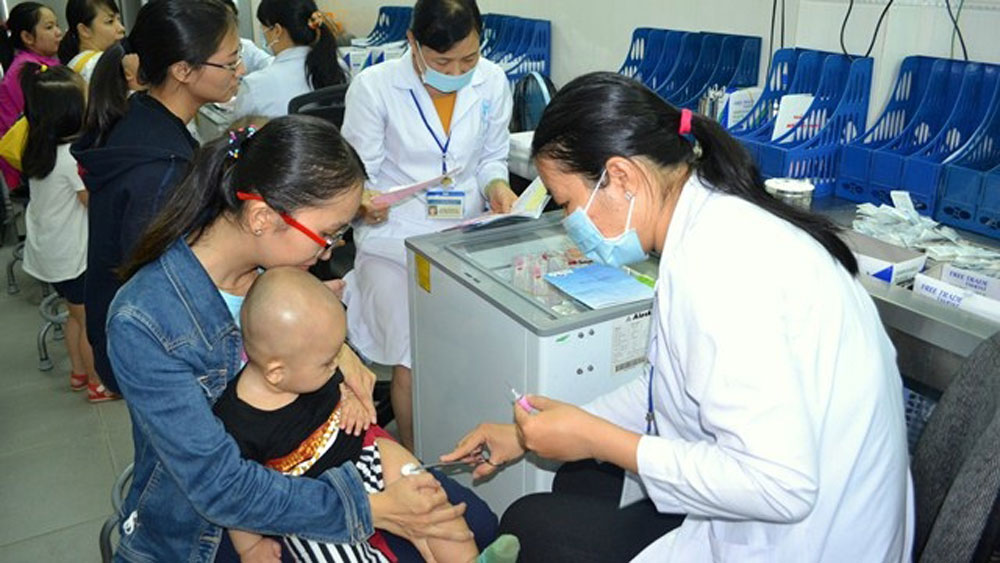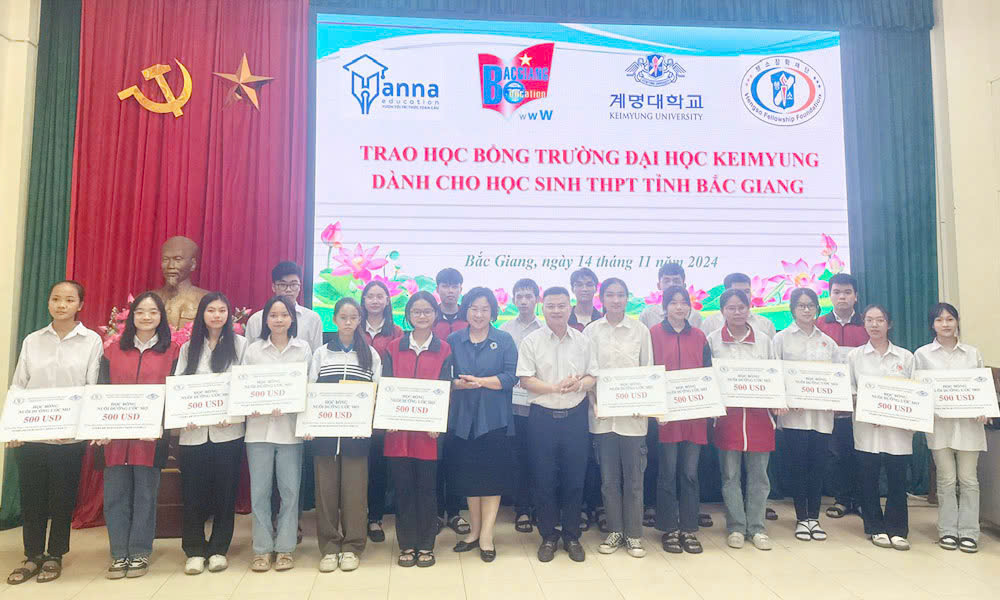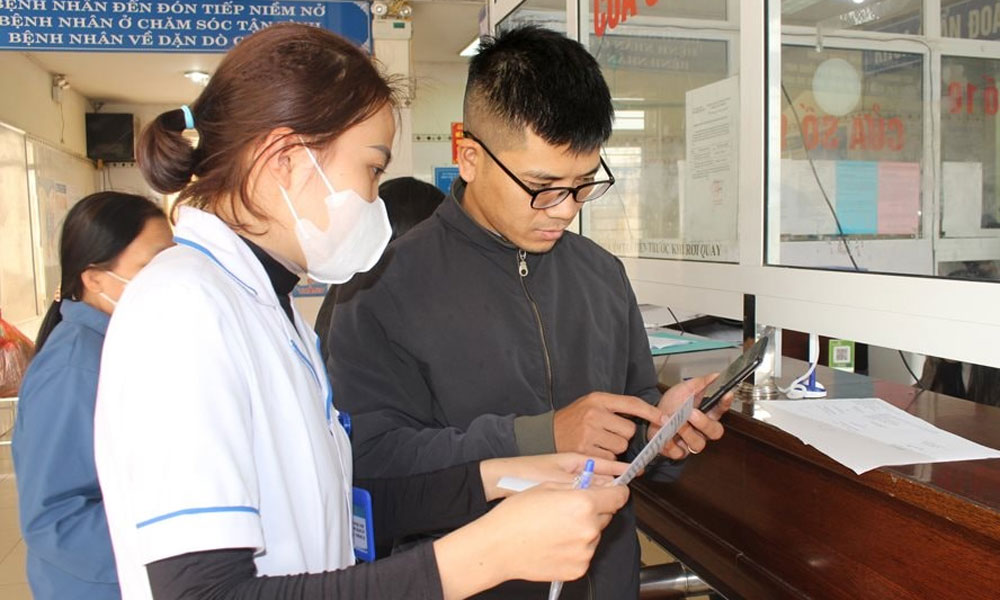Vietnam capable of ensuring adequate vaccines for immunisation
 |
|
Dr. Tran Dac Phu, Head of the MoH’s Department of Preventive Medicine, stated that the health sector is capable of ensuring adequate vaccinations for children, as well as producing new vaccines to reduce imports. |
Assoc. Prof., Dr. Tran Dac Phu, Head of the MoH’s Department of Preventive Medicine stated that the health sector is capable of ensuring adequate vaccinations for children, as well as producing its own supply of new vaccines to reduce imports.
Currently, in Vietnam, there are more than 30 vaccines and several are used in extended vaccinations, such as the 5 in 1 Quinvaxem and vaccines against tuberculosis, diphtheria, measles, pertussis, tetanus, poliomyelitis, hepatitis B, meningitis, rubella, and rota.
The 5 in 1 Quinvaxem vaccine has been used since 2010, and 42 million doses have been injected during the national expanded immunization programme. Over the past seven years, Quinvaxem
Pointing to the impressive statistics for immunization in 2017, Dr. Phu informed that vaccination coverage nationwide last year reached over 95%. 2017 is the 18th year in a row that Vietnam successfully prevented any new case of polio and also the 12th consecutive year of maintaining zero infections of neonatal tetanus. Measles and rubella are still controlled with no large-scale outbreaks. At the same time, it was also the first year that the expanded
The Korean manufacturer has announced it is ceasing production of Quinvaxem, so Vietnam and other countries using this 5 in 1 vaccine must convert to alternatives. The replacement is normal, Dr. Phu said, adding that the MoH had developed a roadmap to select the vaccines with similarities to Quinvaxem in ingredients and effectivity as a suitable replacement. The remaining nationwide stockpile of Quinvaxem vaccine is enough to satisfy demand until the end of next May.
In order to ensure that children are vaccinated on a continuous basis with sufficient vaccines, the senior health official suggested that parents should not hesitate in getting their children injected with the new 5 in 1 vaccine. In particular, he advised people not to avoid the injection
 |
|
The national expanded |
Regarding the MoH’s plan to replace several vaccines with domestically produced alternatives this year, in addition to the 5 in 1 vaccine conversion, the ministry will put into use MR 2 in 1 - a measles-rubella vaccine produced by the Centre for Research and Production of Vaccines and Biologicals on a national scale for children aged 18 months from next month. This will reduce the costs of importing the foreign made MR vaccine.
In addition, to continue promoting achievements in anti-poliomyelitis, along with the continuation of letting children from two to four months of age
Investment in vaccine production is necessary because of the large population in Vietnam, Dr. Phu said, adding that self-produced supplies would ensure vaccine security and help the domestic health sector to reduce dependence on imported vaccines. Currently, Vietnam has produced more than ten types of vaccines, including those against tuberculosis, measles, rubella, rota, cholera, typhoid, diphtheria, pertussis, tetanus, and combined measles-rubella. The Institute of Vaccines and Medical Biologicals in Nha Trang is developing influenza and 5 in 1 vaccines.
Source: NDO
 Bắc giang
Bắc giang








Reader's comments (0)